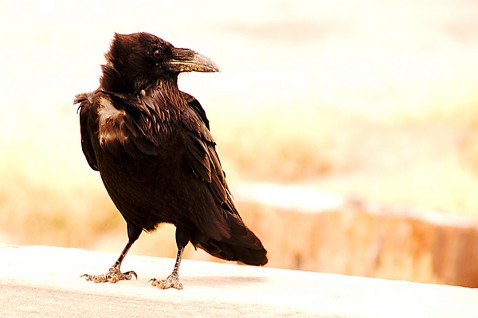Coming Home
/Sapphira's first child, Shoshanna Clementine, was born at 37 weeks on March 23, 2011. She suffered from pre-eclampsia and went to the hospital to be induced. After a placental abruption at the cord upon pushing, Sapphira ended up having an emergency c-section. Shoshanna died three hours after delivery. She shares about herself, "I don't have a blog and hardly write, but I am so grateful to the Glow community that I thought to submit something as an expression of my appreciation and love." In April 3, 2012, Sapphira delivered her second child Julia Zahara. Please welcome Sapphira to this space and join the conversation below. —Angie
"Metaphor is a kind of mental changing room, where one thing, for a moment, becomes another, and in that moment is seen in a whole new way." —Dr. Mardy Grothe
After Shoshanna Clementine was born and died, I tried to digest what was happening in my life by trying on all kinds of metaphors to explain, understand, or reframe events and emotions surrounding our loss. Different ones worked at various times. For a long while, I was Indiana Jones jumping from stone to stone, feeling secure and strong with each step, but the earth was furiously shifting up and down, right and left, underneath me, as I ran endlessly to safety. But none of these metaphors felt lasting, and none of them truly captured what was going on.
Then, one day I was painting with a friend, and a visual metaphor started to emerge, although I only saw it a day or so after the picture was complete. I painted grass at first—the solid ground. The pond that was to be next turned into a sea. The sky followed, vast, taking up more than two-thirds of the picture. I had to put in a moon, of course, a nod to my father who I always think of when I look at the moon. As I stared at the open space of sky to the right, a teacher at the studio where we were painting came up to me and suggested I add birds to the scene. With my permission, he lightly made some squiggle lines, and there was my metaphor. The three birds were Shoshanna, Seth, and me.
Shoshanna is the largest one—indicating she is closest to the viewer, the one closest to shore, the one leading us back home. "Let me show you the way," she encourages us. It is dusk, and I am grateful she is taking us back—back to our home that we love so much and back to our hearts--to find that the broken heart we endure is actually more whole than ever before with her help.
I feel like I have been out to sea—away from the world—far, far away. With all the navigation systems we have now, I've been able to stay in touch (emailing and texting, lunch dates and movies), but it has been isolating. And yet Seth and I haven't been alone, really, because there are other people out here on this sea—on the waves with us, flying with us in the sky. Others who have lost a child too. And while I've felt so far away, I have heard the cries of friends and family from the shore and the whispers that have traveled across the waves to let us know that someone else's heart aches too, that someone else misses Shoshanna besides us.
I'm waiting for this metaphor of coming home to shift and no longer apply, another one to replace the next emotion, the next phase. But, maybe if I also look at my painting as going the other way—that Shoshanna is behind us, as we lead her out to sea—then I can give myself the permission to come and go as I please, that I can come home when I need to and go out and cry into the ocean when that is what I need. For isn't that what being home means?
What does home mean to you? Do you have a painting, song or other metaphor that represents your grief and loss? What is it and how has it shaped your understanding of grief and your life?



